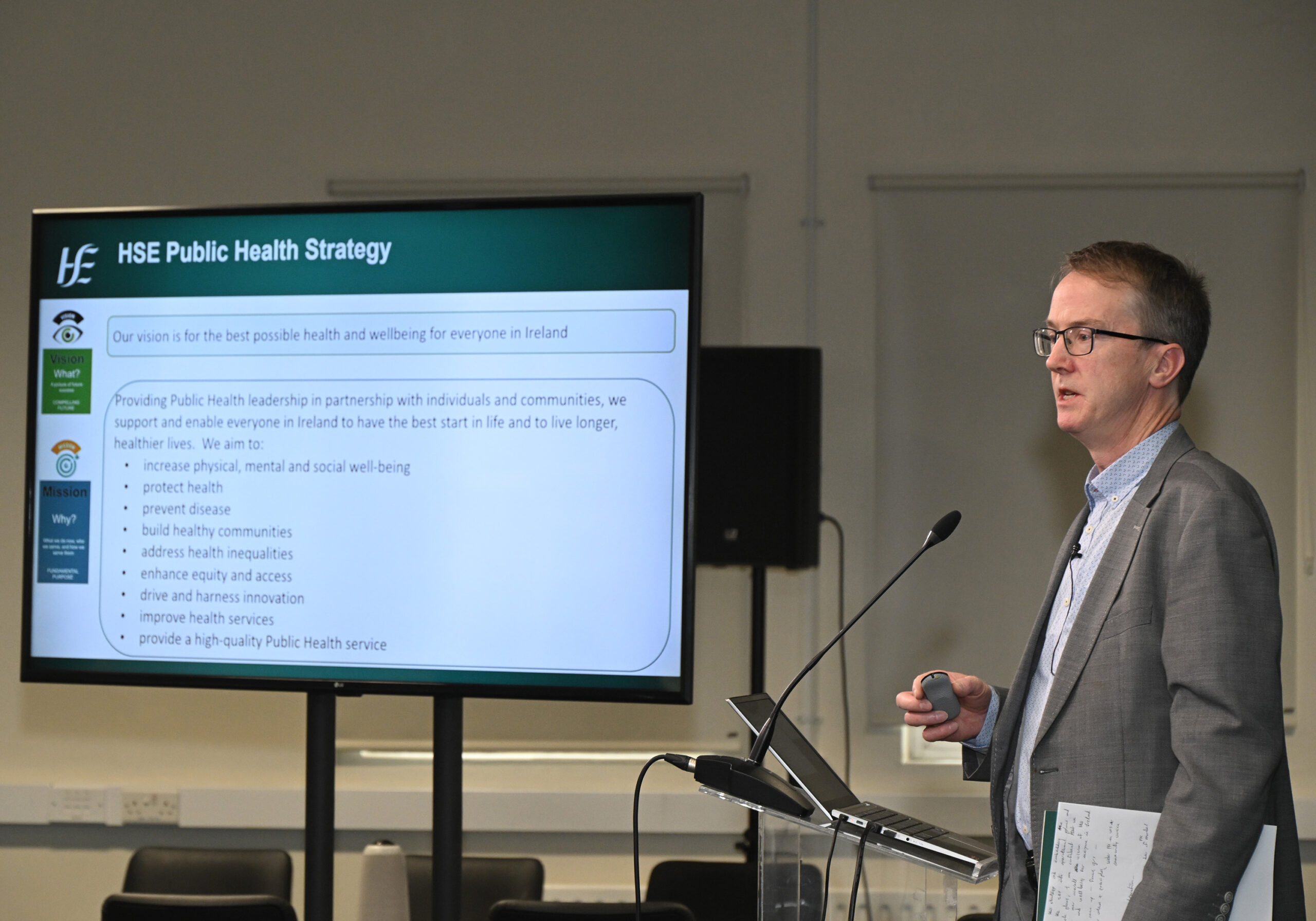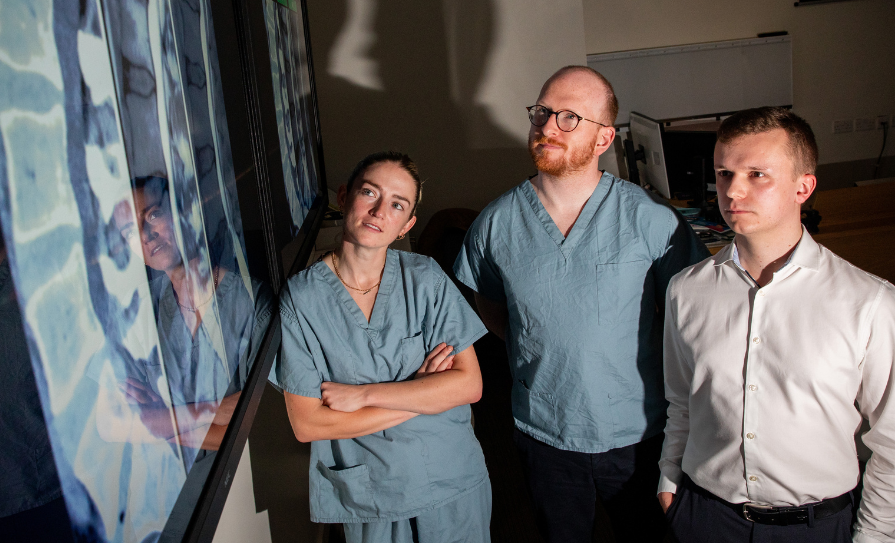The full roll-out of electronic health records (EHRs) will be a “once in a generation opportunity” to transform the Irish health services’ digital infrastructure and dramatically improve patient care, according to the IHCA President.
Prof Gabrielle Colleran was reacting to Government commitments in the updated National Development Plan for 2026 to 2035 on the digitalisation of the health service.
“We fully endorse and support the decision in the National Development Plan to prioritise health digitalisation. This would be transformational in nature and a once-in-a-generation opportunity to catch up on other countries where digital health records are the norm, enhancing productivity, healthcare outcomes, and service experience for citizens.”
Prof Colleran noted that the health system continues to rely on an “antiquated records model which is desperately inefficient”.
“It also means healthcare professionals are unable to access and assess patient records in a joined-up, real time fashion. This is at a time when governments around the world are turning their attention to how generative artificial intelligence can transform health systems, improving patient outcomes and overall productivity. The gap from where we are to where we need to be is stark,” said Prof Colleran.
The National Development Plan, which will see €102.4bn in capital investment provided over the next five years, with an overall investment of €275.4bn out to 2035, has allocated €9.25bn to health for the period 2026-2030.
The IHCA has urged the Minister for Health Ms Jennifer Carroll MacNeill to ringfence the required funding for EHRs and prioritise the rapid expansion of current hospital capacity to address the growing demand for care from a growing population.
The IHCA added that a “proper procurement and implementation plan” is now required to accompany this investment in health digitalisation, to ensure value for money, avoid delays, and manage any risks presented by the current fragmented EHR landscape, “which is a reflection of the incremental approach taken to date”.
“The IHCA acknowledges that the recent increases in our health budget is a significant step toward addressing such long-standing deficits,” added Prof Colleran. “However, additional capital investment is still needed to build and open all of the required additional hospital beds, theatres, diagnostics and other facilities across our public hospital base in order to reduce bed occupancy rates, address the numbers of admitted patients being treated on trolleys, and reduce the cancellation of appointments and lengthy waiting times for treatment.”


















